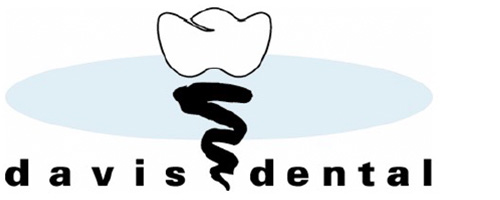
What is TMJ / TMD?
TMJ = Temporomandibular joint
TMD = Temporomandibular disorder
Temporomandibular Joint & Masticatory Muscle Disorders:
The temporomandibular joints (TMJ’s) can be injured a number of ways, from trauma through to damage from bruxism (tooth grinding and clenching). Bruxism is a subconscious activity that can occur either in your sleep or when you are awake. Most people have little or no control over this, and it can result not only in muscle aching and clicking jaw joints, but excessive tooth wear.
TMD’s are a range of disorders that are quite often painful and they affect both the joint (TMJ) and the
It’s symptoms include:
- Pain in front of the ears, side of the face or even in the teeth
- Limited movement and/or locking of the jaw
- Clicking, popping or grating sounds in the jaw joint
- Sudden alteration in how teeth fit together.
- Headaches
This process of “parafunctional bruxism” is a subconscious activity that we have little or no control over. The results are excessive tooth wear, jaw muscle soreness and clicking jaw joints. The most frequent manifestation is tension-type headaches. If you are aware that you grind or clench your teeth, or if you suffer from any of the above symptoms, simple occlusal therapy utilising a grinding guard (called an occlusal splint) is a conservative and effective method of treating this problem.
What can be done to treat this?
We are qualified to not only treat the symptoms of this disorder, but also provide solutions aimed at minimising further damage or pain. Where appropriate prosthodontic treatment is combined with other clinicians who provide counselling, physiotherapy and medical management of joint diseases.
Prosthodontic treatments include occlusal (bite) splints. This oral appliance is a plastic guard that fits over the teeth and can reduce clenching and grinding which cause muscle tension. There are several different styles or types of occlusal splint that have different therapeutic aims depending on your particular problems.
In order to determine what is the most appropriate form of treatment for you, a full examination and history is required. When necessary we will organise a referral to other dental or medical specialists.
